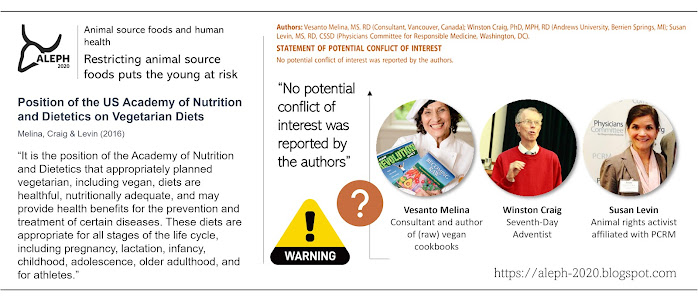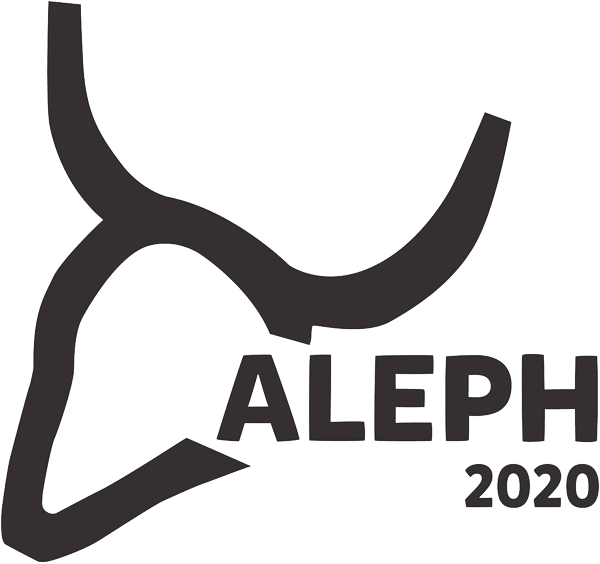Restricting animal source foods puts the young at risk

Animal source foods and malnutrition in the young
The global situation of infant and child malnutrition is concerning. More than half of children under the age of five suffer from micronutrient deficiencies necessary for healthy development, and nearly a quarter of children are stunted. Stunting is influenced by various factors, including poverty-driven issues, poor intake of protein and micronutrients, and maternal nutritional status. The early childhood period, especially the first 1000 days, is crucial for development, and animal source foods play a significant role during this time. Undernutrition during early age can lead to irreversible damage, particularly concerning neural health. On the long term, this can have an adverse impact on education, lifelong achievement, economic productivity, and community outcomes. Micronutrient deficiencies and growth issues are still prevalent in various countries. For example, India faces significant micronutrient deficiencies, stunting, and wasting rates. In the West, strict vegetarian diets may also create a risk for suboptimal physical or cognitive development, while paralleling reduced bone mineral content, vitamin B-12 deficiency, and iron-deficiency anaemia.
Maternal avoidance of animal source foods: why is it risky?
Addressing infant health requires careful attention to maternal nutrition, particularly for women following restrictive vegetarian diets. Pregnant and lactating women have elevated nutritional needs, requiring various nutrients that are highly bioavailable in animal source foods. Maternal undernutrition can lead to alterations in growth trajectories and neurocognitive development. Deficiencies in iron, DHA, choline, iodine, and B12 are of particular concern.
What is know from the medical literature?
Neonates and infants born to vegan, vegetarian, or macrobiotic mothers may experience reduced birth weight and various nutrient deficiencies, which can result in serious or irreversible pathological symptoms. The latter may include failure to thrive, hyperparathyroidism, macrocytic anaemia, neuropathies, psychosis, lethargy, spinal cord degeneration, cerebral atrophy, and optic neuropathies. Of particular concern is vitamin B12 deficiency, which can be life-threatening and may lead to impaired cognitive functions later in life. Additionally, strict vegetarian children may face vitamin D deficiencies, potentially leading to conditions like rickets. Numerous clinical case reports have documented that avoiding animal source foods can lead to harm in infants, children, and adolescents. Such reports are considered lower on the hierarchy of evidence, but they nonetheless raise serious concerns given their severity. Larger and more controlled studies looking into restrictive diets for vulnerable populations are limited due to ethical reasons.
Parental responsibility vs. paediatric guidance
The responsibility for ensuring a nutritionally suitable diet is primarily placed on the parents, but it has been argued that paediatricians need to be closely involved in monitoring and managing the diets of pregnant and lactating women, as well as their children, when following diets low in or devoid of animal source foods. Even with diligent supplementation, vegetarian diets may still put children at risk in the short and long term. It is recommended to seek expert advice and guidance when transitioning to a vegan diet in such cases. Children on a vegan diet may require various nutritional supplements to prevent deficiencies. Providing paediatric guidance to vegan parents can be challenging due to the philosophical beliefs associated with veganism and a distrust of family paediatricians. When parents reject intervention and a child's health is at serious risk, some have argued that legal consequences are necessary, and that such cases may have to be treated as child abuse.
Professional associations and authorities
Professional associations and authorities worldwide have issued warnings and caution against vegan diets, especially for vulnerable population groups such as pregnant and lactating women, infants, children, and adolescents. Notable exceptions are the position papers of the US Academy of Nutrition and Dietetics. They are to be interpreted with caution given the ideological and activist background of their authors. Warnings are based on the difficulty of attaining adequate nutrient supply through vegan diets in populations with elevated needs, which may lead to severe nutrient deficiencies and irreversible health consequences.

